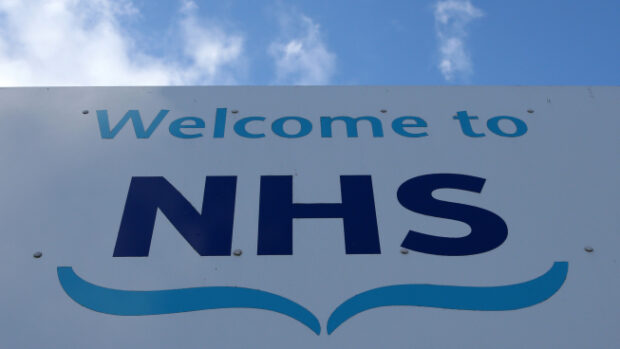
More than 90% of patients needing further investigation after a bowel cancer test in Scotland’s largest health board are failing to receive follow-up tests within the target time.
Patients in NHS Greater Glasgow and Clyde (NHSGGC) are waiting longer than those in other health boards, an insider has revealed.
The vast majority of patients are missing the target of 62 days for treatment, a key performance indicator for the country’s screening service.
NHS Scotland’s waiting-time figures show that across Scotland 2,275 patients are waiting longer than a year for colonoscopy. Of these, 1,114 patients were in the Glasgow board area.
A source said: “We know that only 8% of the screeners are being seen by the 62-day target, leaving 92% of the screening population taking longer than two months. This makes patients understandably more anxious and does not offer the right level of health care to those who are motivated to achieve better outcomes.”
The Scottish Government says early detection of bowel cancer makes survival 14 times more likely.
Everyone over 50 is given a QFit screening test for bowel cancer. Those who have a certain level of blood in a stool sample are referred for colonoscopy with a telescope camera.
The target for this is within 62 days, recommended by medical guidelines. Patients showing symptoms like marked anaemia, who are passing blood and have other signs of cancer, are referred as urgent cases. But even then, only 50% of those patients in Greater Glasgow have a follow-up test within 62 days, The Sunday Post has been told.
In contrast, neighbouring health board Ayrshire and Arran (NHSAA) has centralised screening colonoscopy to the Golden Jubilee Hospital in the Greater Glasgow area of Clydebank. The hospital is a separate trust on its own and does not come under the authority of NHSGGC.
The insider said: “Ayrshire is now managing to achieve colonoscopies in 90% of its patients with positive QFit results while Glasgow is only doing this for 8% of patients. They need to radically address how this is managed.
“Perhaps following the lead of NHS Ayrshire & Arran would go some way to offering the right level of care for patients.”
The death of bowel cancer patient and campaigner Dame Deborah James prompted a surge in patients requesting bowel cancer information from the NHS.
Bowel Cancer UK chief executive Genevieve Edwards said: “It’s unacceptable for anyone to have to wait over one year for a colonoscopy let alone over a thousand patients. It is clear from the waiting times for key tests to diagnose bowel cancer, Scotland’s second-biggest cancer killer, that rising demand is already an issue for our hard-working and dedicated NHS staff.
“Funding is being squeezed and demand for services is increasing, so it’s vitally important that the planned 10-year cancer strategy is comprehensive and adequately funded to deliver the additional staff and equipment needed to tackle waiting times and save lives.”
NHSGGC said: “We are aware that some people are waiting longer than they would expect for appointments, and we apologise for any distress that this may cause. Colonoscopy appointments are being prioritised by clinical need to ensure urgent patients are seen as quickly as possible.
“We continue to work hard to reduce waiting times, and to this end, we have recently set up a mobile endoscopy unit at Gartnavel General Hospital, which offers colonoscopy as part of its service. We also undertake additional weekend appointments for bowel screening to support reduction of waiting times.”

Enjoy the convenience of having The Sunday Post delivered as a digital ePaper straight to your smartphone, tablet or computer.
Subscribe for only £5.49 a month and enjoy all the benefits of the printed paper as a digital replica.
Subscribe